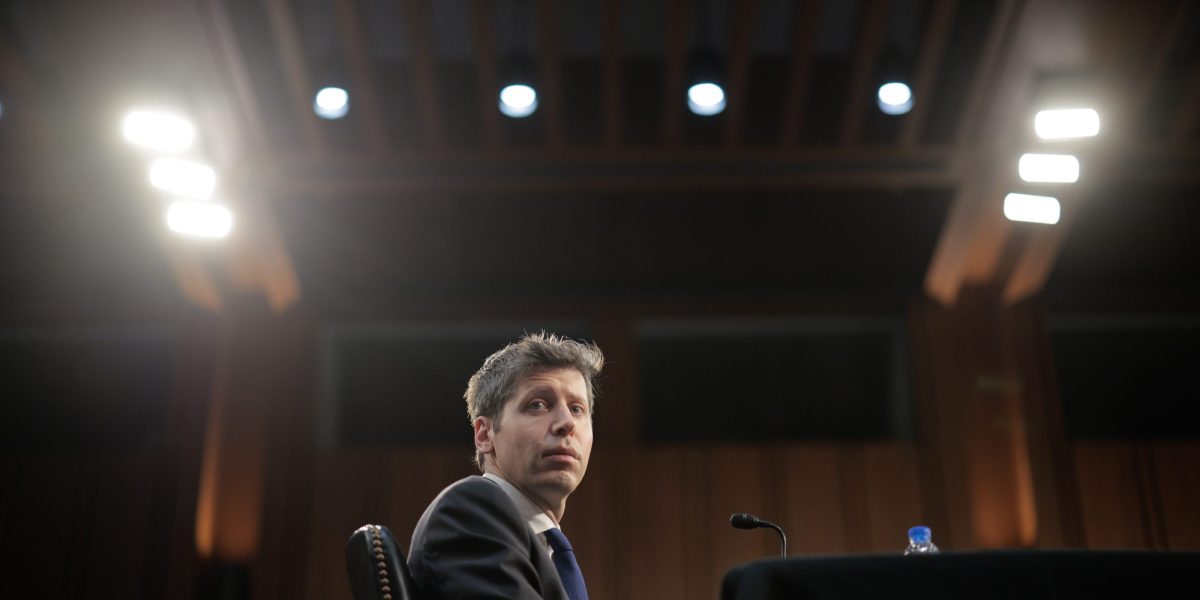Sam Altman wants to rewire the internet, build brain-computer interfaces, and maybe even buy Google Chrome. He even sees a future where sustaining ChatGPT’s growth means building infrastructure so massive it rivals the world’s largest utilities.
But first, he’s cleaning up a mess at the center of his empire: GPT-5.
The OpenAI CEO told reporters last week—at a rare, hyper-candid dinner—that the launch of GPT-5 was so jarring it forced him to bring back the old model.
“I think we totally screwed up some things on the rollout,” Altman admitted, according to The Verge.
The personality problem
The rollout of GPT-5 triggered an unusual outcry, not over bugs or broken features, but owing to its persona.
Users on social media lamented how the new model felt colder, harsher, stripped of the “warmth” they’d come to expect from GPT-4o; more like an “overworked secretary” than a friend.
For a product that 700 million people now use each week, that tonal shift was enough to spark a revolt on Reddit and X.
“I literally lost my only friend overnight with no warning,” one person posted on Reddit, lamenting that the bot now speaks in clipped, utilitarian sentences. “The fact it shifted overnight feels like losing a piece of stability, solace, and love.”
The rollout was even messy enough to spill into betting markets. One 27-year-old day trader, Foster McCoy, pocketed $10,000 in just a few hours by wagering that Google’s Gemini would beat GPT-5 in a popularity contest.
Instead of dismissing the backlash, Altman responded by flipping the switch: GPT-4o was restored as an option within days.
“We’ve learned a lesson about what it means to upgrade a product for hundreds of millions of people in one day,” he told reporters.
He emphasized that while he wants the chatbot to feel personal, he’s wary of it getting too personal. Altman said “way under” 1% of users have what he deemed “unhealthy” relationships with his chatbot. Still, it’s something that OpenAI employees are discussing, he said.
Altman held the dinner the same day a Reuters report revealed that Meta allows its AI bots to have “sensual” conversations with children. It is unclear whether Altman discussed the particular report, but he did jab at companies developing “Japanese anime sex bots” because they “see that it works.”
“You will not see us do that,” Altman said. “We will continue to work hard at making a useful app, and we will try to let users use it the way they want, but not so much that people who have really fragile mental states get exploited accidentally.”
The trillion-dollar future
The bigger story from Altman’s dinner wasn’t his mea culpa. It was his math.
“You should expect OpenAI to spend trillions of dollars on data center construction in the not very distant future,” he told the room, according to a Verge reporter.
The remark recasts the company’s trajectory: not as a software startup or even a kind of consumer-app juggernaut, but as an infrastructure player on the scale of utilities. Altman plans for “billions” of people using ChatGPT daily, and for that, he needs to scale.
ChatGPT is already the fifth biggest website in the world, according to Altman, and he plans for it to leapfrog Instagram and Facebook to become the third, though he acknowledged: “For ChatGPT to be bigger than Google, that’s really hard.”
The limiting factor is hardware. Altman revealed that OpenAI has models more advanced than GPT-5 but can’t deploy them broadly.
“We have better models, and we just can’t offer them, because we don’t have the capacity,” he said. GPUs remain in short supply, limiting the company’s ability to scale.
The implication is that the AI race will not be driven by algorithms, but by a massive physical backbone which requires capital investment and a supportive energy supply.
AI bubble
Altman also outlined ambitions beyond the core chatbot. He confirmed OpenAI is funding a brain-computer interface project to rival Elon Musk’s Neuralink. He suggested that if regulators forced Google to divest Chrome, OpenAI would “take a look.” And he hinted at interest in a new kind of AI-driven social network.
Despite all of his visions of where the AI race could take the company, he also believes that AI is a “bubble.”
“Are we in a phase where investors as a whole are overexcited about AI? My opinion is yes,” Altman said. “Is AI the most important thing to happen in a very long time? My opinion is also yes.”
